



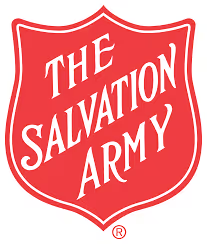


5-Star Valuation Services, Loved by Hundreds
Frequently Asked
Questions
No Frequently Asked Questions Found.
These assignments typically follow professional standards such as USPAP and include analysis of market data, comparable sales, and asset-specific factors like condition, provenance, or economic outlook. The report helps demonstrate that the claimed value is reasonable, well supported, and prepared by a qualified appraiser.
An artwork appraisal represents a comprehensive professional evaluation that precisely determines the monetary and historical value of an art piece. This meticulous process involves expert assessment of multiple intricate factors that collectively influence an artwork's market worth and significance.
Professional art appraisers employ a sophisticated methodology that examines critical elements such as the artwork's provenance, authenticity, physical condition, current market dynamics, and the artist's reputation. Each of these components plays a crucial role in establishing an accurate and defensible valuation.
The evaluation goes far beyond a simple price assessment. Appraisers conduct detailed investigations that may include forensic analysis of materials, historical research into the artwork's origins, and careful examination of minute details that can substantiate or challenge the piece's perceived value. They leverage extensive knowledge of artistic styles, market trends, and collector interests to provide a nuanced understanding of an artwork's worth.
Different stakeholders rely on artwork appraisals for diverse purposes, including insurance documentation, estate planning, potential sale transactions, and tax compliance. The appraisal serves as an authoritative document that provides clarity and confidence for collectors, institutions, and potential buyers.
The complexity of art valuation requires a sophisticated approach that balances objective analysis with deep understanding of artistic and market contexts. A comprehensive appraisal not only quantifies monetary value but also captures the intrinsic cultural and historical significance of the artwork.
Online artwork appraisals have become increasingly sophisticated, offering art owners a convenient and comprehensive method to determine the value of their pieces. The process typically begins with submitting high-resolution photographs that capture essential details of the artwork. Professional appraisers carefully analyze these images, examining critical aspects such as condition, artistic technique, and distinctive characteristics.
Beyond visual documentation, appraisers collect contextual information through digital communication channels. Owners provide supplemental details about the artwork's provenance, artist background, and historical significance, which help create a more nuanced valuation. This collaborative approach allows for a thorough assessment without the constraints of physical proximity.
Live video consultations have emerged as an innovative component of online art appraisals. Using platforms like Zoom or Google Meet, appraisers can engage directly with clients, rotating artwork, examining specific details, and conducting real-time discussions. This interactive method bridges the gap between digital and in-person assessment, enabling a more dynamic and comprehensive evaluation.
The digital appraisal process offers substantial benefits, including accessibility for individuals in remote locations, flexibility for busy clients, and reduced logistical complexities. Professional appraisers maintain rigorous standards, ensuring that online evaluations are as meticulous and credible as traditional in-person assessments.
Modern technology has transformed artwork appraisals, creating a streamlined, efficient approach that meets the evolving needs of art collectors and owners. By leveraging digital tools and professional expertise, online appraisals provide accurate, comprehensive valuations with unprecedented convenience.
Artwork appraisers are specialized professionals who meticulously assess the value of diverse art forms. Their expertise spans multiple domains, each requiring unique skills and deep knowledge of artistic markets, historical context, and aesthetic evaluation.
Fine art appraisers concentrate on traditional art mediums like paintings, sculptures, and drawings. These experts possess comprehensive understanding of art movements and market dynamics, often developing profound specialization in specific periods such as Impressionism or Contemporary art.
Decorative art appraisers evaluate functional artistic items including furniture, ceramics, glassware, and textiles. Their assessments consider craftsmanship, material quality, historical significance, and provenance, making them invaluable to collectors and antique dealers seeking precise valuations.
Digital art appraisers represent an emerging professional category addressing the rapidly evolving technological art landscape. They specialize in evaluating digital creations, graphic designs, digital paintings, and emerging formats like NFTs, reflecting the dynamic nature of contemporary artistic expression.
Antique appraisers focus on artworks exceeding 100 years in age, conducting thorough examinations that extend beyond aesthetic value. They scrutinize historical importance, authenticity, and originality, distinguishing genuine historical pieces from reproductions and potential forgeries.
Specialty appraisers develop expertise in distinct artistic niches, concentrating on specific artists, regional styles, or unique media such as photography or limited edition prints. Their targeted knowledge enables nuanced, precise valuations within specialized artistic domains.
Institutional appraisers employed by museums, galleries, and cultural organizations perform critical valuation services for collections, exhibitions, and acquisitions. Operating under rigorous ethical standards, they provide essential assessments for insurance, donation, estate planning, and cultural preservation purposes.
Artworks transcend mere visual appeal, representing significant financial and emotional investments. Professional appraisals provide critical insights that extend far beyond simple price determination, serving multiple strategic purposes for art owners.
Insurance protection stands as a primary motivation for artwork appraisals. Without accurate documentation, collectors risk inadequate compensation during loss, theft, or damage scenarios. Precise valuations enable insurance companies to establish appropriate coverage, ensuring financial security for valuable pieces.
Estate planning represents another crucial context for art appraisals. When transferring assets between generations, comprehensive valuations help establish fair market values, potentially mitigating potential tax complications and familial disputes. Executors and heirs gain clarity about the financial landscape of inherited artwork collections.
Charitable donations also benefit from professional appraisals. For artwork valued over specific thresholds, formal assessments become essential for claiming tax deductions. These documentations provide nonprofits with transparent understanding of donated asset values while offering potential tax advantages to donors.
Preparing for potential sales requires nuanced market understanding. Appraisals illuminate current market trends, helping owners set competitive pricing strategies. Whether considering auction placement or private sale, comprehensive evaluations empower informed decision-making.
Investment portfolios increasingly recognize art as a valuable asset class. Professional appraisals help collectors assess artwork's financial potential, tracking appreciation and understanding long-term value trajectories. These insights support sophisticated wealth management approaches.
Authenticity verification represents an often-overlooked yet critical appraisal benefit. Reputable assessments not only determine monetary value but also confirm artwork provenance, protecting collectors from potential fraud and enhancing piece legitimacy.
Ultimately, artwork appraisals represent more than financial transactions—they are comprehensive explorations of cultural, historical, and monetary significance. By bridging emotional attachment and strategic financial planning, professional evaluations offer collectors comprehensive perspectives on their artistic investments.
What Makes Artwork Appraisal Critical for Charitable Donations?
Artwork appraisal is a critical process in charitable donations, serving multiple essential functions for both donors and recipient organizations. Understanding the comprehensive role of artwork valuation can help maximize philanthropic impact and financial benefits.
Key Reasons for Artwork Appraisal in Charitable Donations
1. Establishing Fair Market Value
- Critical for accurate tax reporting and documentation
- Required by IRS for donations exceeding specific thresholds
- Ensures donors receive appropriate tax deductions
- Provides legal compliance and financial transparency
2. Supporting Philanthropic Engagement
- Builds donor confidence in the donation process
- Demonstrates professional handling of artistic contributions
- Encourages future charitable giving through transparent valuation
- Creates a clear understanding of artwork's potential impact
3. Enhancing Organizational Credibility
- Demonstrates rigorous assessment of donated assets
- Builds trust with current and potential donors
- Establishes professional standards in nonprofit asset management
- Supports long-term relationship building within philanthropic communities
4. Strategic Asset Management
- Provides comprehensive understanding of artwork's market value
- Helps donors make informed decisions about future contributions
- Supports broader financial and estate planning strategies
- Enables more strategic approach to art asset management
Artwork appraisal transcends a simple valuation process, representing a critical intersection of financial planning, philanthropic intent, and cultural preservation. By approaching donations with professional rigor and comprehensive assessment, donors and organizations can create meaningful, mutually beneficial exchanges.
Why Precision Matters: Understanding Artwork Valuation
When it comes to artwork appraisal for charitable donations, precision is not just important—it's crucial. Accurate valuations serve multiple critical functions, primarily supporting tax deductions while protecting the interests of both donors and recipient organizations.
Key Factors Influencing Artwork Valuation
Provenance: The Art's Historical Narrative
Provenance represents the comprehensive ownership history of an artwork, which significantly impacts its valuation. Critical elements include:
- Complete ownership documentation
- Exhibition records
- Previous professional appraisals
- Historical significance of previous owners
Artwork Condition Assessment
The physical state of an artwork dramatically influences its market value. Appraisers carefully evaluate:
- Overall structural integrity
- Evidence of wear and aging
- Quality and extent of any restoration work
- Preservation techniques employed
Dynamic Market Considerations
Art valuation is inherently linked to current market dynamics, which include:
- Current collector demand
- Artist's current market reputation
- Recent sales of comparable artworks
- Broader economic and cultural trends
Professional Expertise
Engaging a qualified art appraiser ensures:
- Comprehensive market analysis
- Adherence to tax authority guidelines
- Rigorous documentation
- Defensible valuation methodologies
By understanding these intricate components of artwork valuation, donors can navigate the complexities of charitable art donations with confidence, ensuring both financial transparency and meaningful charitable contributions.
Identifying Artwork Eligible for Charitable Donation
When considering artwork for charitable donation, understanding the criteria for eligible artworks can enhance your giving strategy and maximize your philanthropic impact.
Key Considerations for Artwork Donation Eligibility
1. Artwork Market Value
- Significant market value is crucial for tax deduction purposes
- Professional appraisals are essential for determining accurate valuation
- Documenting the artwork's provenance can contribute to higher valuations
2. Acceptable Artwork Types
- Eligible artwork includes:
- Paintings
- Sculptures
- Limited edition prints
- Collectibles and decorative art (subject to market demand)
3. Condition and Authenticity Requirements
- Artwork must be in excellent condition
- Minimal wear and damage preserves market value
- Authenticity must be verifiable
- Documentation from reputable sources strengthens appraisal credibility
4. IRS Donation Guidelines
- Understand specific IRS requirements for charitable donations
- Donations above a certain value require a qualified appraisal
- Obtain professional appraisal before donation process
5. Charitable Organization Considerations
- Research local charities and non-profits
- Verify individual organization artwork acceptance criteria
- Understand specific requirements and preferences
By meticulously evaluating artwork eligibility, you can optimize your charitable giving while potentially securing valuable tax advantages.
Navigating the Artwork Appraisal Workflow
Understanding the Artwork Appraisal Workflow for Charitable Donations
Navigating the artwork appraisal process for charitable donations requires a systematic and strategic approach. By following a structured workflow, donors can maximize the value and impact of their artistic contributions.
Key Steps in the Artwork Appraisal Process
- Comprehensive Artwork Identification
- Compile detailed information about the artwork
- Document artist name, title, medium, and dimensions
- Gather historical context and provenance
- Collect supporting documentation that demonstrates the artwork's significance
- Selecting a Qualified Appraiser
- Seek professionals with recognized credentials
- Verify membership in professional appraisal organizations
- Confirm expertise in specific art genres or mediums
- Ensure adherence to industry ethical standards
- Documentation Preparation
- Assemble existing artwork documentation
- Collect previous appraisals
- Gather sales records
- Include exhibition catalogs and provenance materials
- Professional Appraisal Evaluation
- Allow comprehensive artwork inspection
- Permit detailed condition assessment
- Enable authentication verification
- Support market trend analysis
- Comprehensive Appraisal Reporting
- Review detailed appraiser findings
- Verify fair market value determination
- Understand valuation methodology
- Prepare documentation for charitable donation process
- Strategic Donation Implementation
- Utilize appraisal report for tax documentation
- Communicate artwork value to receiving organization
- Ensure transparent donation process
- Maximize potential tax benefits
Effectively navigating the artwork appraisal workflow empowers donors to make meaningful contributions while maintaining financial and legal integrity throughout the charitable donation process.
Decoding Tax Benefits of Art Donations
Donating artwork to charity represents a strategic approach that simultaneously supports meaningful causes and provides potential financial advantages for the donor. Understanding the nuanced tax implications of art donations is crucial for making informed philanthropic decisions.
Tax Deduction Framework
The IRS provides tax deduction opportunities for artwork donations, with the deduction amount typically equivalent to the artwork's fair market value (FMV) at the time of donation. FMV represents the price an artwork would command in an open market transaction between a willing buyer and seller.
Key Considerations for Art Donation Tax Benefits
- Qualified Charitable Organizations
Donations must be made to IRS-recognized 501(c)(3) nonprofit organizations to qualify for tax deductions.
- Professional Appraisal Requirements
Artwork valued over $5,000 requires an independent professional appraisal to substantiate its fair market value for tax documentation purposes.
- Ownership Duration Impact
Tax deduction amounts vary based on artwork ownership duration:
- Artwork held over one year: Typically allows full fair market value deduction
- Artwork held less than one year: Deduction may be limited to original purchase cost
- Tax Complexity Considerations
The intricate nature of art donation tax implications necessitates consultation with a qualified tax professional to navigate potential capital gains tax scenarios and maximize financial benefits.
Strategic Philanthropic Planning
By approaching artwork donation with comprehensive understanding and professional guidance, donors can create meaningful charitable impact while optimizing potential tax advantages.
How to Choose a Qualified Art Appraiser
Selecting a Qualified Art Appraiser for Charitable Donations
Choosing the right art appraiser is critical when preparing for a charitable donation. The following key considerations will help you identify a professional who can provide an accurate and reliable valuation:
Essential Credentials and Professional Standards
- Professional Certifications: Prioritize appraisers certified by respected organizations such as:
- American Society of Appraisers (ASA)
- International Society of Appraisers (ISA)
- These certifications indicate rigorous training and commitment to professional ethical standards
- Verify membership status and current standing with professional organizations
Expertise and Specialization
- Seek appraisers with specific expertise in your artwork's genre or period
- Review their professional portfolio and request references
- Consider an appraiser's:
- Academic background
- Years of specialized experience
- Published research or scholarly contributions
Professional Integrity and Objectivity
- Ensure complete independence from potential buyers or sellers
- Confirm no conflicts of interest exist
- Prioritize appraisers who maintain strict professional neutrality
Comprehensive Documentation
- Request a detailed written appraisal report that includes:
- Comprehensive market analysis
- Comparative valuation methodology
- Clear explanation of valuation techniques
- Verify report meets IRS requirements for charitable donation documentation
Communication and Professionalism
- Choose an appraiser who can:
- Explain complex valuation processes clearly
- Provide transparent communication
- Answer questions thoroughly and professionally
Carefully selecting a qualified art appraiser ensures accurate valuation, supports your charitable intentions, and provides essential documentation for potential tax benefits.
Key Determinants of Artwork Value
Understanding Artwork Valuation Determinants
Determining the value of artwork involves a complex interplay of multiple critical factors. Art professionals and potential donors must carefully consider these key elements to accurately assess an artwork's true worth.
Key Factors Influencing Artwork Value
- Artist Reputation
An artist's standing in the art world is a fundamental value driver. Factors include:
- Market presence and recognition
- Historical significance
- Critical acclaim
- Established demand for their work
- Provenance
The documented ownership history of an artwork critically impacts its value by:
- Verifying authenticity
- Demonstrating prestigious previous ownership
- Establishing a clear lineage of care and preservation
- Artwork Condition
Physical state is paramount in determining market value. Key considerations include:
- Extent of wear and damage
- Quality of previous restoration efforts
- Overall preservation quality
- Original versus compromised aesthetic integrity
- Medium and Artistic Technique
The materials and creative approach significantly influence valuation through:
- Current market preferences for specific mediums
- Complexity of artistic technique
- Uniqueness of creative method
- Technical mastery demonstrated
- Market Dynamics
Art valuation is inherently tied to broader market trends, including:
- Economic conditions
- Collector interests
- Contemporary artistic movements
- Emerging aesthetic preferences
- Cultural and Historical Context
An artwork's broader significance can dramatically enhance its value through:
- Representation of important social movements
- Historical documentation
- Reflection of significant cultural moments
- Artistic innovation
By comprehensively evaluating these determinants, donors and collectors can develop a nuanced understanding of an artwork's intrinsic and market value, enabling more informed decision-making in art appreciation and charitable giving.
Bridging Art and Philanthropy: The Appraisal Connection
Understanding the Art of Charitable Donations
Charitable art donations represent a powerful intersection of cultural preservation, philanthropic impact, and personal generosity. By carefully navigating the artwork appraisal process, donors can transform their cherished pieces into meaningful contributions that support important community initiatives.
The Critical Role of Professional Artwork Appraisal
When considering an artwork donation, several key considerations emerge:
- Accurate Valuation: A professional appraisal determines the precise fair market value of the artwork
- Tax Documentation: Provides crucial documentation for potential tax deduction claims
- Charitable Compliance: Meets organizational requirements for high-value donations
Comprehensive Appraisal Evaluation Factors
Professional appraisers conduct a meticulous assessment considering multiple dimensions:
- Artist's reputation and historical significance
- Artwork's provenance and historical context
- Current artistic market trends
- Piece's overall condition and preservation status
- Unique artistic and cultural relevance
Philanthropic Impact of Art Donations
Art donations extend far beyond financial transactions. They represent:
- Supporting cultural institutions and community programs
- Preserving artistic heritage
- Enhancing public spaces and educational opportunities
- Fostering broader appreciation for artistic expression
Strategic Considerations for Donors
Successful artwork donations require thoughtful planning and professional guidance. By understanding the nuanced process of appraisal and donation, collectors can transform their art into meaningful community investments that resonate far beyond monetary value.
Demystifying Art Valuation Myths
Art valuation can often seem shrouded in mystery, leading to several myths that can misguide individuals, especially those considering charitable donations of artwork. Understanding the truth behind these misconceptions is vital for donors to make informed decisions that accurately reflect the value of their contributions.
Common Art Valuation Misconceptions
Myth 1: All Artworks Automatically Appreciate in Value
While some pieces may indeed grow in market value, multiple factors influence an artwork's worth:
- Provenance
- Artwork condition
- Current market trends
- Artist reputation
- Historical significance
Just because an artwork is considered valuable today does not guarantee it will remain so in the future.
Myth 2: Auction Prices Reflect True Market Value
Auction results can be misleading due to:
- Demand fluctuations
- Market hype
- Auction house marketing strategies
- Temporary market anomalies
It is essential to seek professional appraisals from qualified experts who can provide a more accurate depiction of an artwork's fair market value.
Myth 3: All Appraisals Are Equivalent
The quality and credibility of appraisals can vary significantly based on:
- Appraiser's expertise
- Professional certifications
- Market knowledge
- Specialized art category understanding
Donors should prioritize certified appraisers with specific knowledge about the type of artwork they own.
Myth 4: Only High-Value Pieces Require Appraisal
Obtaining a formal appraisal is crucial for every artwork, regardless of perceived value, to:
- Ensure accurate tax documentation
- Substantiate fair market value
- Provide legal protection
- Maintain proper art documentation
By debunking these myths and understanding the nuances of art valuation, donors can navigate the process confidently, maximizing the benefits of their charitable contributions while ensuring their artwork is valued accurately.
Strategic Approaches to Art Donation
Strategic Approaches to Art Donation
When considering art donation, strategic planning is essential to maximizing both charitable impact and tax benefits. The following strategic approaches can help donors navigate the complexities of art philanthropy:
1. Understanding Valuation Methods
Art valuation for charitable donations requires a professional appraisal that carefully examines multiple critical factors:
- Artist's reputation and historical significance
- Artwork's provenance and historical context
- Current condition of the piece
- Market demand and recent sales trends
A comprehensive understanding of these valuation methods ensures donors receive an accurate assessment for tax purposes and understand the artwork's true market value.
2. Selecting the Right Charity
Choosing an appropriate charitable organization involves careful consideration of several key elements:
- Verify 501(c)(3) organizational status
- Align with personal philanthropic values
- Evaluate the organization's capacity to preserve or utilize art donations
- Assess the charity's track record in managing art-related contributions
3. Timing Your Donation
Strategic timing can significantly impact the financial benefits of an art donation:
- Consider end-of-fiscal-year donation opportunities
- Evaluate personal and organizational financial positioning
- Consult with tax professionals about optimal donation timing
4. Accurate Documentation
Comprehensive documentation is crucial for protecting your donation's value and potential tax benefits:
- Maintain detailed professional appraisal reports
- Preserve purchase receipts and historical records
- Document artwork's exhibition history
- Keep correspondence related to the artwork
5. Engaging with Professionals
Collaborative expertise can streamline the art donation process:
- Consult financial advisors specializing in charitable giving
- Work with certified art appraisers
- Seek guidance from tax professionals
- Develop a holistic strategy balancing philanthropic and financial goals
By implementing these strategic approaches, art donors can create meaningful contributions that benefit charitable organizations while potentially optimizing their personal financial outcomes.
Transforming Art into Meaningful Charitable Impact
When considering charitable donations, artwork offers a unique opportunity to support meaningful causes while potentially benefiting from tax advantages. Donating art allows individuals and organizations to contribute to philanthropic efforts while navigating complex valuation and tax considerations.
Key Considerations for Artwork Donation
An artwork appraisal for charitable donation purposes involves a comprehensive assessment that goes beyond simple monetary valuation. The process encompasses several critical elements:
- Fair Market Value Determination: Experts evaluate the artwork based on multiple factors, including:
- Artist's reputation and historical significance
- Artwork's provenance and historical context
- Current condition of the piece
- Recent market trends and comparable sales
Benefits of Professional Art Appraisal for Charitable Donations
- Tax Compliance and Deduction Accuracy
A qualified appraisal ensures adherence to IRS regulations, particularly for artworks valued above specific thresholds. This professional documentation:
- Substantiates tax deduction claims
- Provides legal protection
- Ensures accurate reporting
- Supporting Charitable Missions
Accurate artwork valuation directly impacts charitable organizations by:
- Providing clear financial insights
- Enabling more effective fundraising strategies
- Facilitating better resource allocation
The Broader Impact of Art Donation
Beyond financial considerations, artwork donation represents a profound way to preserve cultural heritage and support community initiatives. By carefully valuing and donating art, donors transform their personal collections into powerful tools for social change, creating a lasting legacy that bridges artistic expression and philanthropic impact.
Important Considerations for Potential Donors
- Engage a certified art appraiser with expertise in your artwork's specific genre or period
- Gather comprehensive documentation about the artwork's history and provenance
- Understand the specific requirements of your chosen charitable organization
- Consult with a tax professional to maximize potential benefits
View all Locations
APPRAISEITNOW APPRAISERS ARE BEST-IN-CLASS & CREDENTIALED BY LEADING APPRAISAL ORGANIZATIONS LIKE THE ISA, ASA, & MORE.











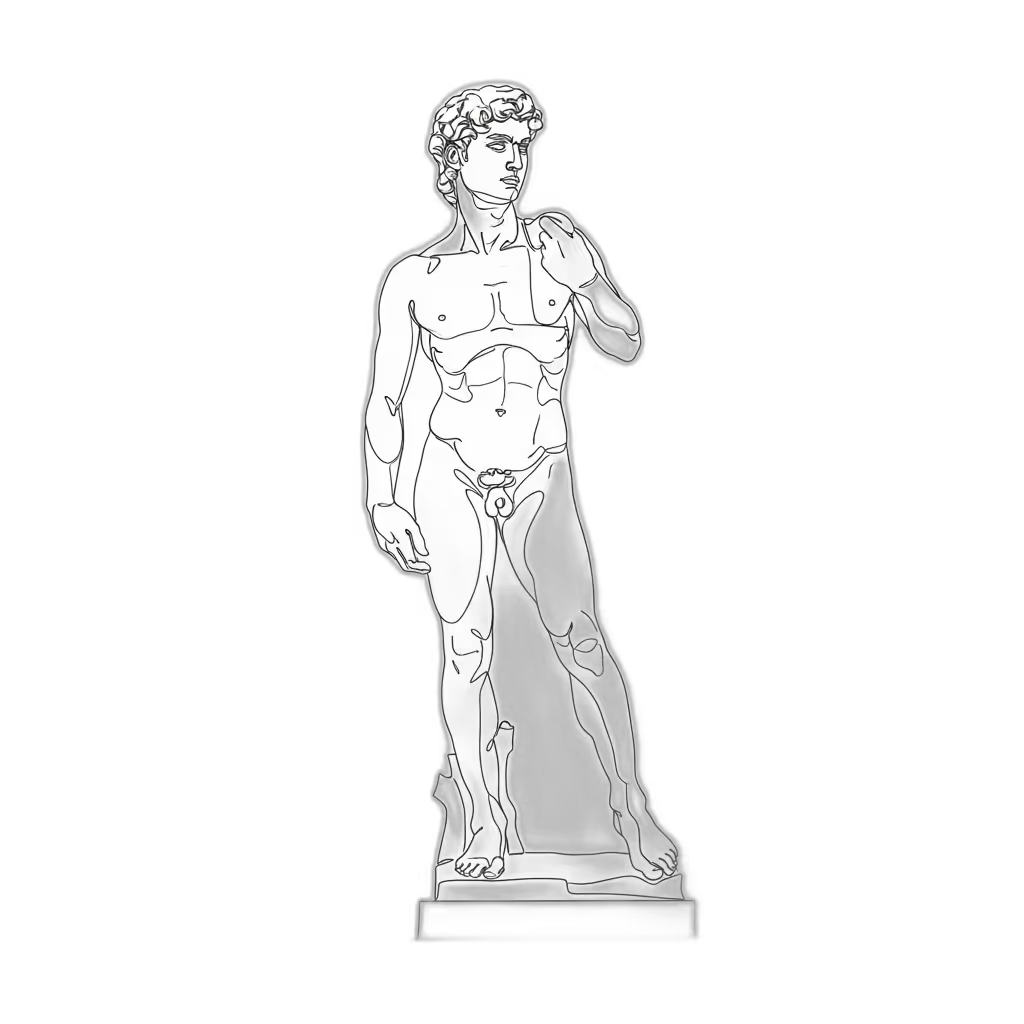



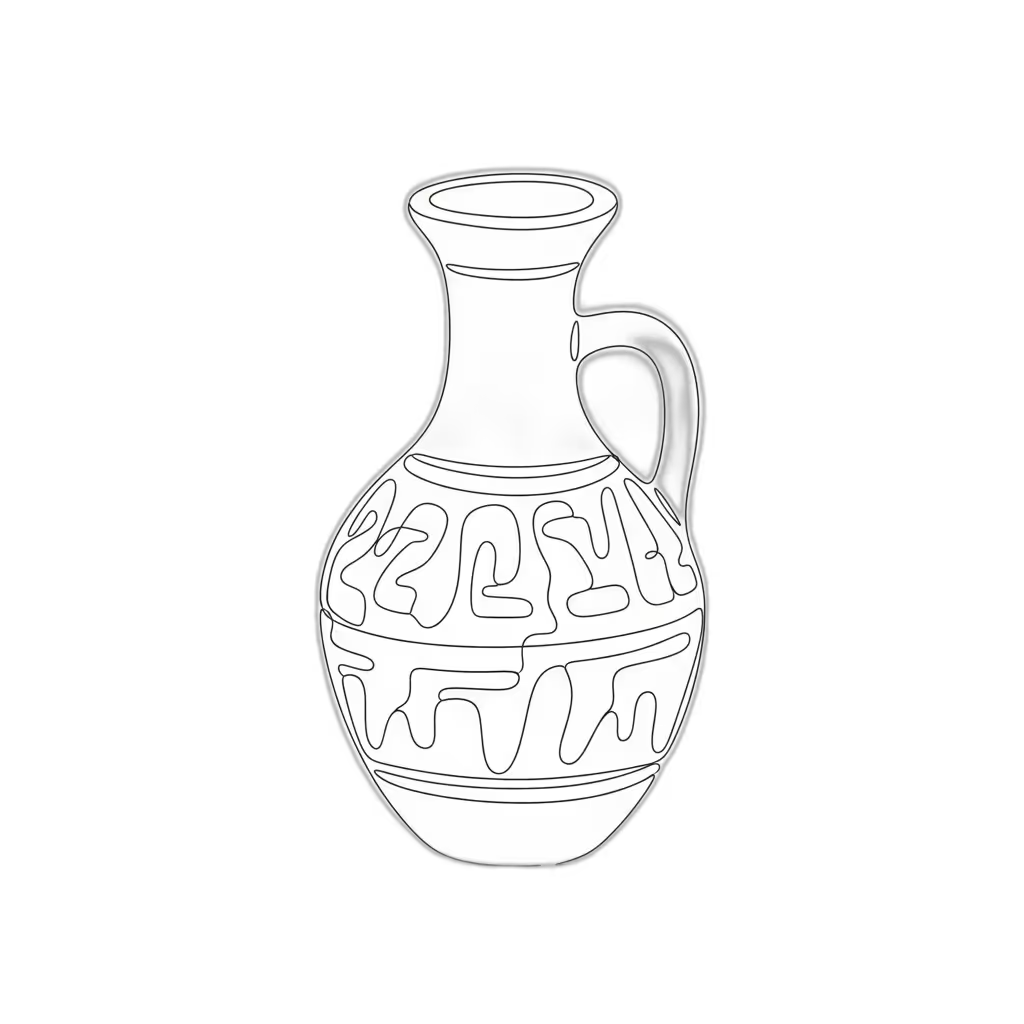
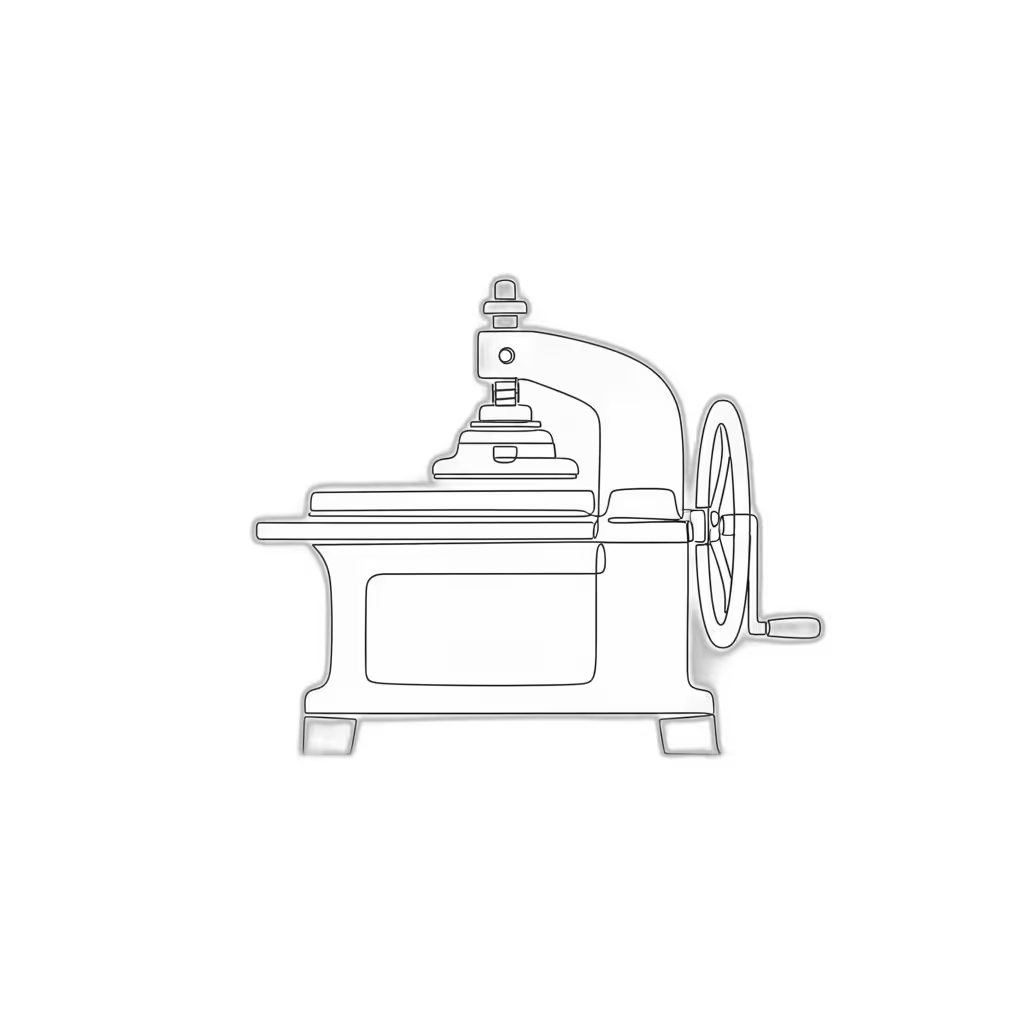





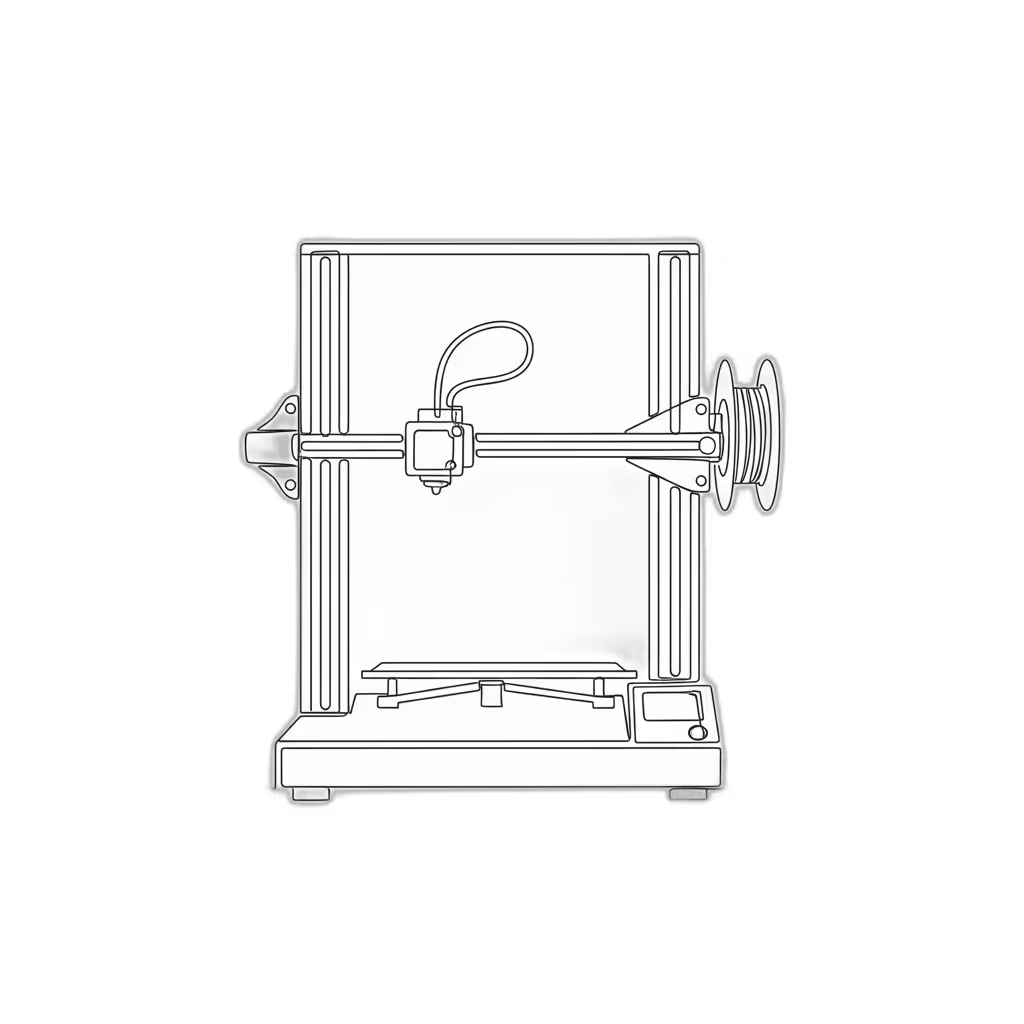

.svg)








